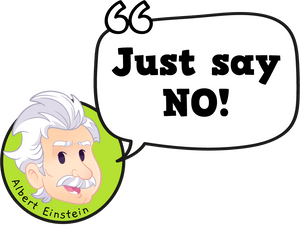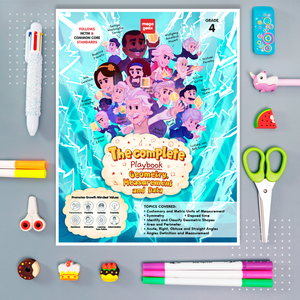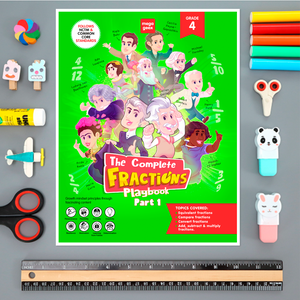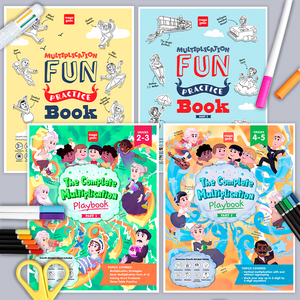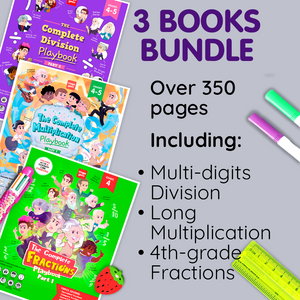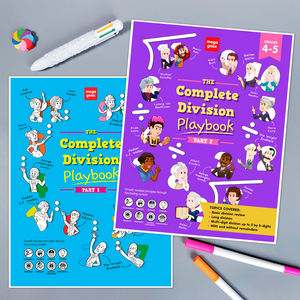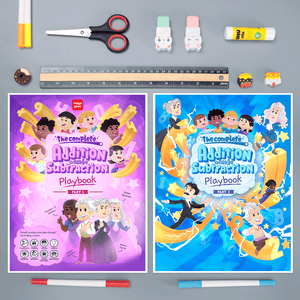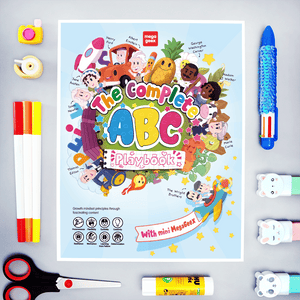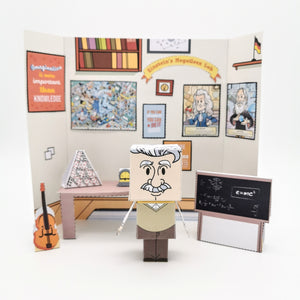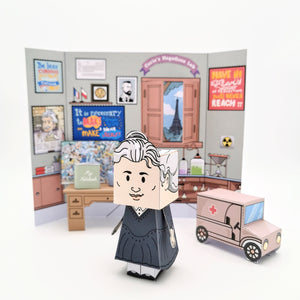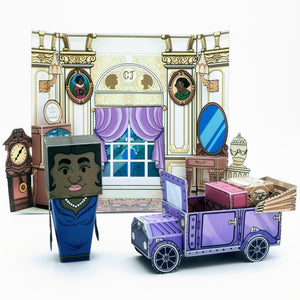How Do I Stop Saying Yes When I Want to Say No?
It is said that parenting is the hardest job in the world. And while that may be true, it is also a job that comes with a lot of responsibility. As a parent, you have full responsibility for your child’s well-being and safety. Part of that responsibility is knowing when to say no to your kids. It can be difficult to do, especially when they are begging and pleading for something that you know they really want. But sometimes, saying no is the best thing you can do for them.
In this blog post, we will explore some of the reasons why it is important to say no as a parent and provide you with examples and suggestions. From setting boundaries to protecting your child, read on to learn more about why saying no is sometimes the best thing you can do and why you should not feel bad for saying it!
Why saying "no" shouldn't make you feel bad
When parents say yes all the time, kids may sadly become spoiled and entitled. They may also start to think that they can get away with anything. On the other hand, when parents consistently say no, kids learn to respect boundaries and develop self-control.

How saying "no" to your child builds their resilience
When it comes to raising resilient kids, saying “no” is one of the most powerful tools you have. That’s because every time you say “no,” you are helping your kid learn how to deal with frustration and setbacks.
Of course, it can be hard to say “no” at a moment when your child is begging for something or they’re upset about not getting their way. But it’s important to remember that saying “no” is not about being mean, selfish, or punishing your kid – it’s about teaching them an important life skill and making them aware of their responsibilities.
Say “no” in a way that will help build your kid’s resilience
Be clear and concise
When you say “no,” make sure you are clear about what you are saying from the very beginning. For example, instead of saying “You can’t have free play time as you didn't tidy your room” try to use words like “No, you may not have free play time as you didn't tidy your room but you can have free time tomorrow if you tidy your room"
Be consistent
If you tell your kid they can’t do something today, don’t give in tomorrow just because they beg, cry or become angry.
This will only teach them that they can get what they want if they keep asking (or crying). Your responsibility here is to encourage them to realize that this behavior is making no difference to the outcome.

How saying "no" teaches your kids boundaries
When you say "no" to your kids, you are teaching them an important lesson about boundaries and setting expectations as a parent.
By setting limits and saying "no" when they cross the line, you are helping them to understand what is acceptable behavior and what is not. This whole concept can be difficult for kids to grasp, but it is an important one.
This will help them to become responsible adults who know how to respect the boundaries of others and understand that actions have consequences.
How saying "no" teaches conflict resolution
When you say "no" to your kids, you are teaching them an important lesson in conflict resolution.
By setting boundaries and saying "no", you are teaching your child that they cannot always have their way. This is an important lesson in life that will help them to resolve conflicts in a healthy and productive way.
Learning how to say "no" and setting boundaries is an important part of parenting. It teaches kids how to resolve conflicts in a healthy way and helps them to become respectful of other's feelings, wishes and boundaries.
Why always saying "yes" to your child is counterproductive
Saying "yes" to everything is not always in their best interest. It can be counterproductive because it can lead to them becoming spoiled and entitled.
It is important to say "no" sometimes so that they learn to deal with disappointment and understand that they cannot always have everything they want.
This will help them become more well-rounded and balanced individuals.
What can you learn from Albert Einstein's approach to parenting and a parent's responsibility to say no
Albert Einstein was a world-renowned physicist who is considered one of the most intelligent people to have ever lived.
He was also a parent, and he had some interesting things to say about a parent's responsibility in saying no.
In an essay titled "On Education," Einstein wrote: "It is not enough to teach a child arithmetic or the rudiments of history and geography. The essential thing is to instill in him a firm conviction that whatever he learns is true. This attitude of mind will be of incalculable value throughout his whole life."
Einstein went on to say that it is important for parents to be consistent in their parenting, and that includes saying no when it is warranted.
He said that kids need boundaries in order to feel secure and that saying no occasionally can actually be beneficial for them.
So, next time you're tempted to give in to your kid's demands, remember Albert Einstein and the importance of saying no. It just might be the best thing you can do for them.
5 quick tips for how to say "no" to your children

1. Start by explaining why you are saying no.
This will help your kids understand your decision and may make them more likely to accept it.
2. Be firm in your decision.
If you waver, your kids will likely try to convince you to change your mind.
3. Use simple language that your child can understand.
Avoid using phrases like "no exceptions" or "never" which young people can struggle to understand.
4. Offer an alternative activity or solution whenever possible.
This will help them feel like they are still getting something even if they can't have what they originally wanted.
5. Thank your child for understanding and respecting your decision.
This will teach them the importance of being considerate of others' wishes and may make them more likely to accept future no's gracefully and create a respectful environment.

The Final Word
There are a few key things to keep in mind if you want to stop saying yes as a parent when you really want to say no.
Firstly, it's important to be clear and concise with your kids, setting an example and demonstrating focusing on your responsibilities as a person in control of their actions and words.
Secondly, remember that it's okay to set boundaries with your children and that saying no doesn't make you a bad parent.
Finally, don't be afraid to ask for help and have a conversation about the challenges surrounding this matter with your spouse or other family members when you need it.
By following these tips and examples, you can start saying no more often and teach your kids about their responsibilities. Are you up to the challenge?

